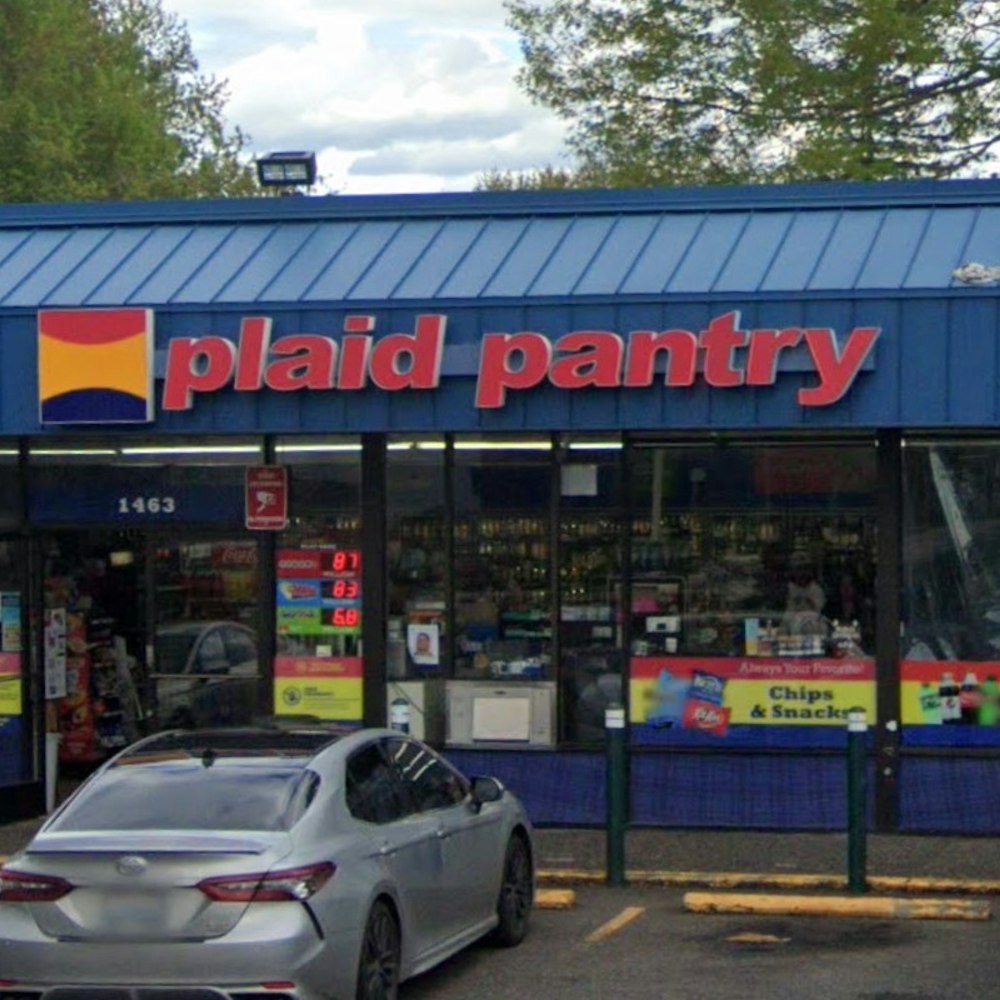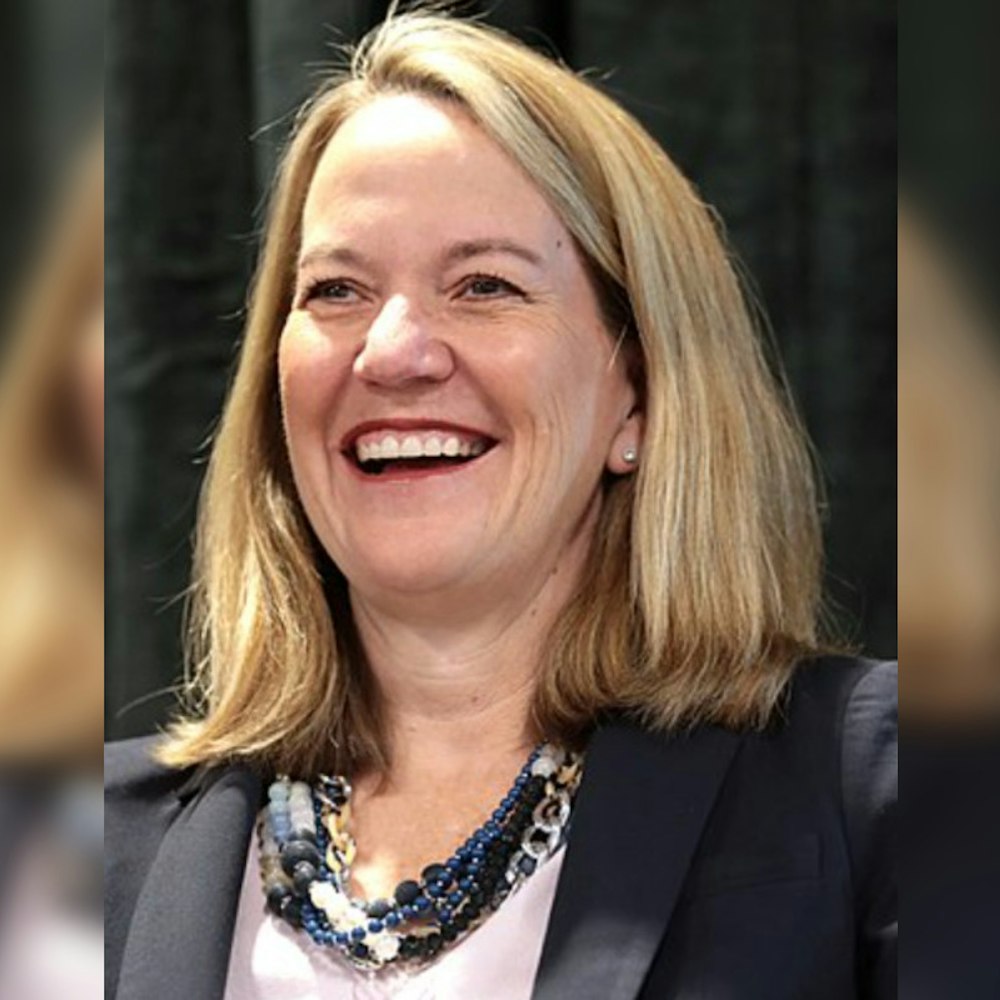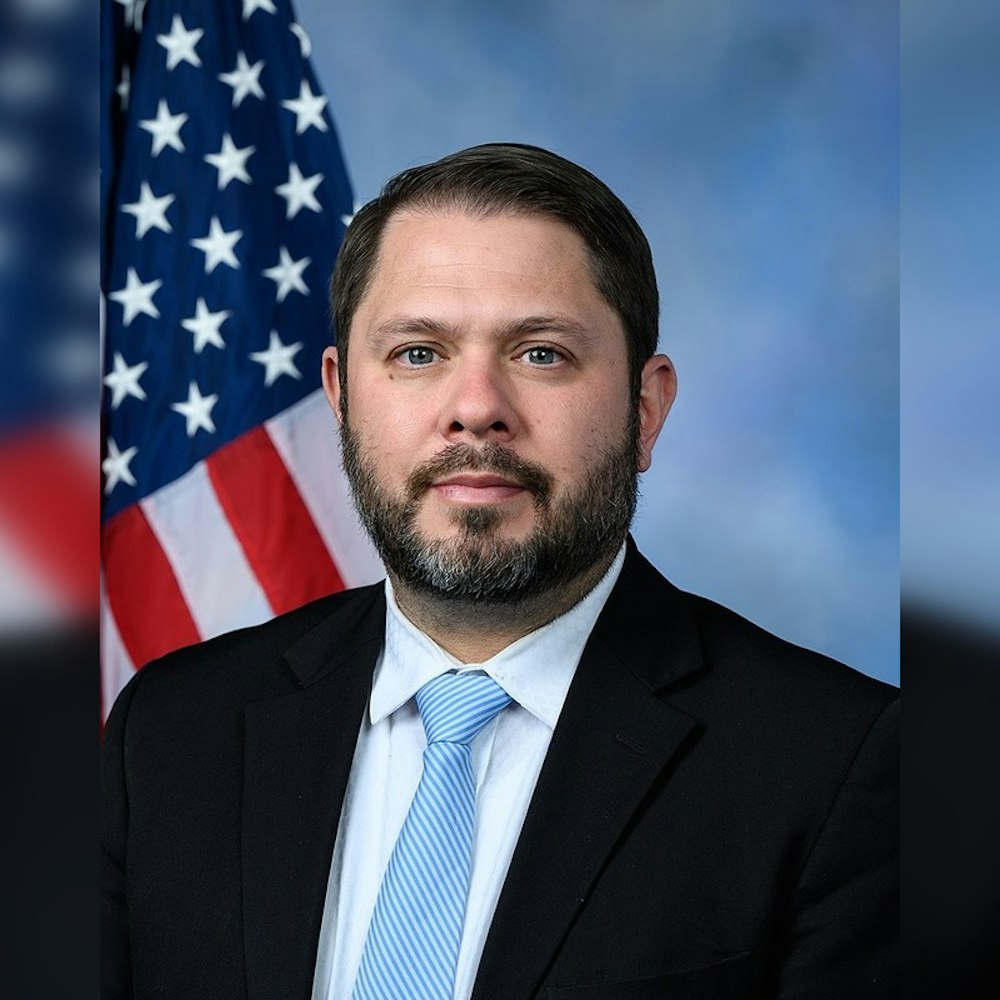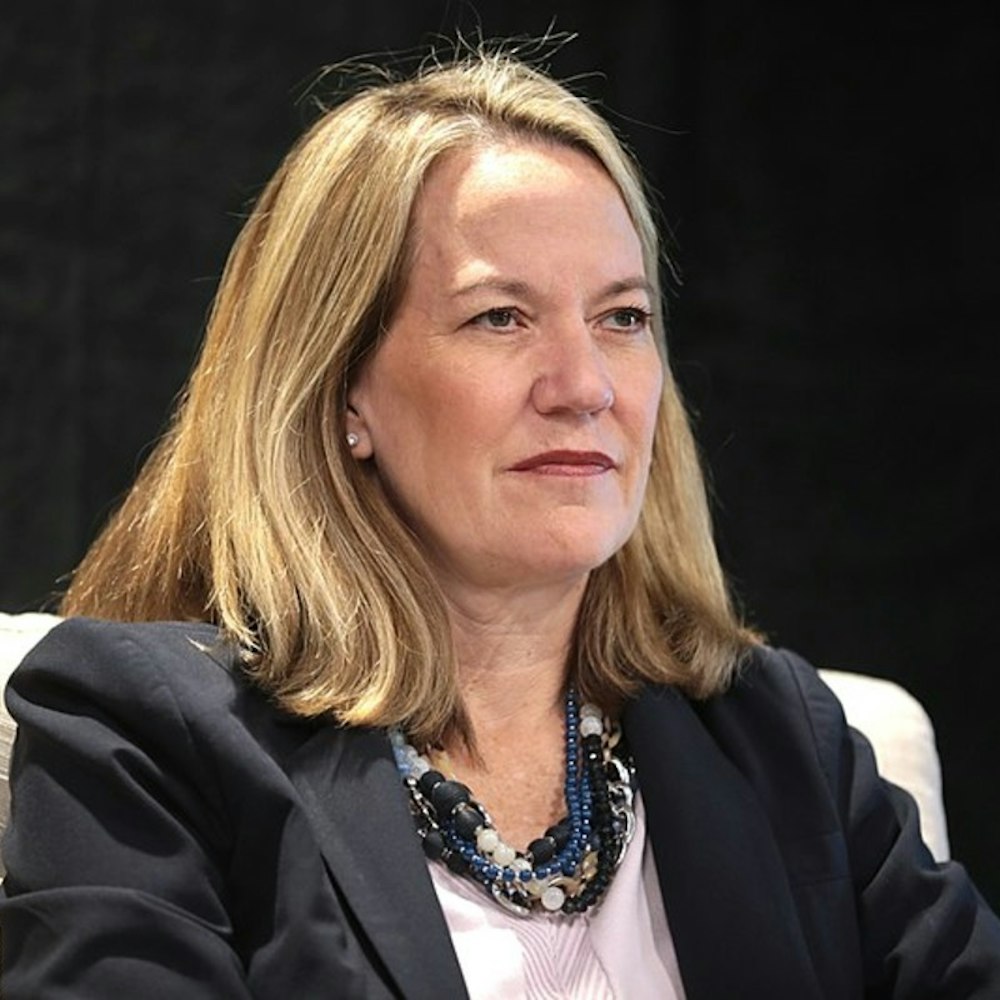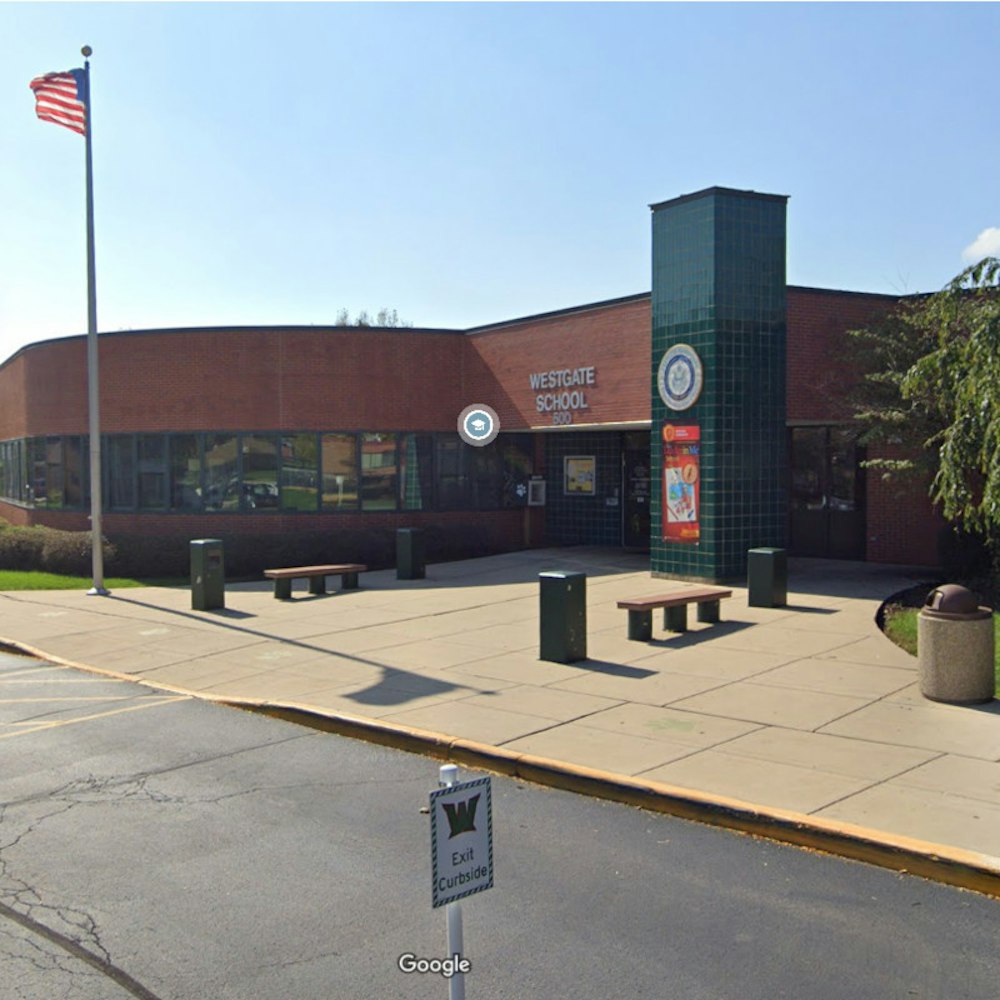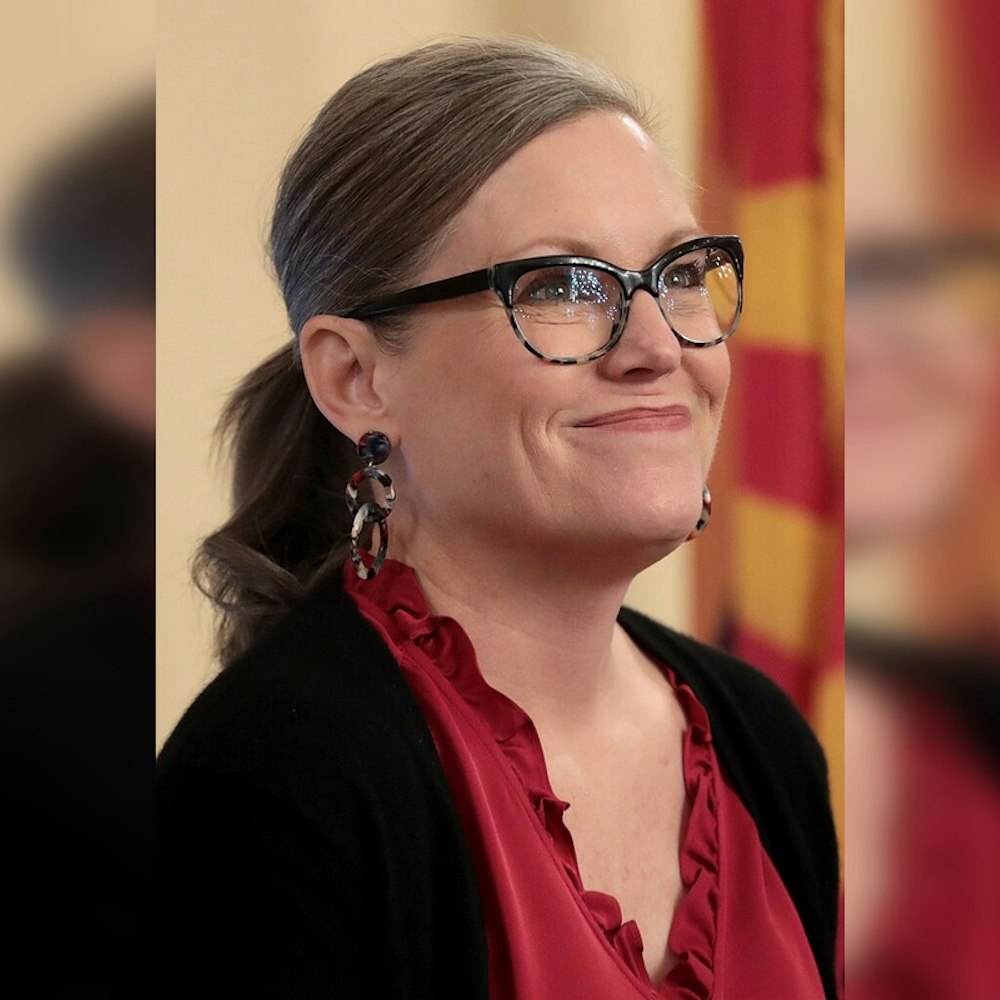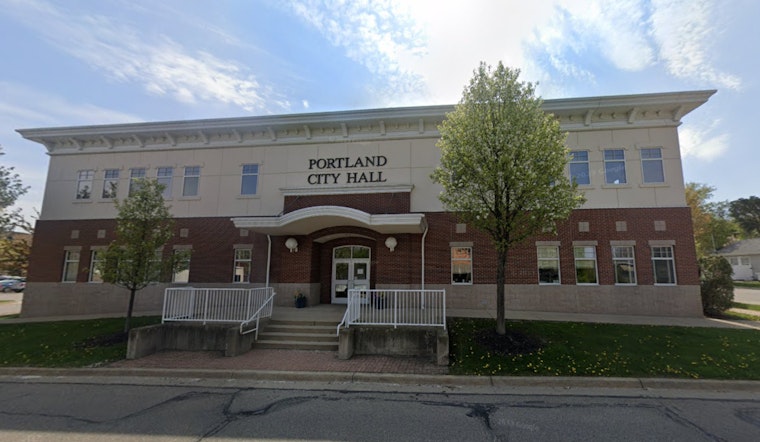
In a collaborative effort to combat the fentanyl crisis plaguing Portland streets, Oregon's leaders have committed to expanding a program that links the city's police force with addiction and mental health survivors, according to a report by OregonLive. The initiative, which commenced as a pilot in December, pairs police officers with peer-support specialists, aiming to directly aid those wrestling with substance use. Governor Tina Kotek, alongside Multnomah County Chair Jessica Vega Pederson and Portland Mayor Ted Wheeler, announced the program expansion amid a 90-day state of emergency due to escalating opioid overdose incidents.
These measures have become critical as the region faces an uphill struggle with opioid addiction, particularly the surge in fentanyl abuse. The expanded program will be funded by three government levels — city, county, and state — and will initially cost $683,000 to cover necessities such as office space, outreach workers' salaries, and transportation for service delivery. The governor's office has affirmed the program's intent to quickly drive people in need to crucial services like detox and emergency shelters, OPB reports.
Underlining the significance of the program, Gov. Kotek praised it as "a tangible result that has the potential to be a model for other regions," according to a press release. The innovative approach was in response to the shortcomings of Ballot Measure 110. Despite offering drug users a choice to seek treatment instead of paying a $100 citation, the hurdle of multiple phone calls to access help was deemed unrealistic for active substance users, and the number following through on treatment was minimal.
The collaborative effort between the Mental Health & Addiction Association of Oregon (MHAAO) and the Portland Police Bureau's bike squad, as covered by KATU, began to draw a line in the sand against the fentanyl crisis last December. The pilot program's success paved the way for its extension, which was expedited at the behest of the Unified Command overseeing the fentanyl state of emergency. This partnership aims to redefine interactions between law enforcement and individuals experiencing addiction by offering immediate support, thus forging a more effective and compassionate response to the epidemic.
Oregon leaders are now set on making an indelible mark on the drug crisis, with the hopes that such measures will ripple out to offer a blueprint of hope for communities across the nation grappling with similar drug-related challenges. As the partnership's efficacy is reviewed over time, Portland could become a case study in combining the forces of law enforcement with the empathy and expertise of peer-support workers, offering a new take on old battles in city streets lined with the lives of the afflicted.


